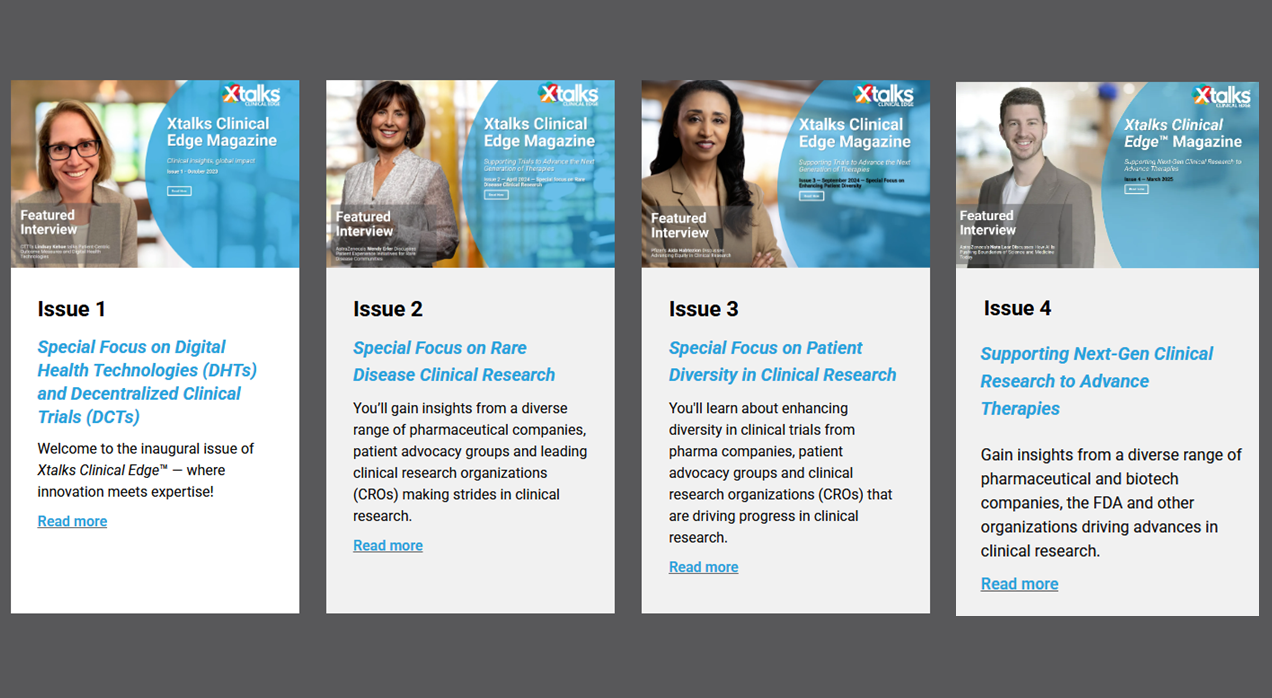The life science industry is constantly evolving, making it difficult to stay ahead of the curve. However, understanding technological trends can help you prepare for the future and make informed decisions about your business.
There’s no doubt that pharmaceutical and biotechnology organizations are utilizing innovative technology solutions across all sectors of drug development, research and development, supply chain, manufacturing and more. Digital transformation is burgeoning and we aim to cover some of the dominant emerging technologies that are currently running the life science industry by storm.
Here are some of the top life science technology trends to watch out for in 2023.
1. Cloud Technology
Cloud computing services are becoming increasingly popular among life science organizations, allowing them to securely store data, automate processes and access applications from any device. By leveraging the cloud, businesses can gain flexibility, scalability and cost savings. Cloud-based solutions are rapidly becoming the industry norm, so it is important to stay ahead of the curve by utilizing cloud technology in your organization.
The value of the cloud is thriving as it has various subsets which help upgrade business capabilities. Cloud automation can accelerate the pace of tasks while minimizing errors. Cloud systems can support clinical trials, regulation, clinical safety workflow, deploy analytics and enhance medical insights.
2. Artificial Intelligence
The ability of AI to analyze large data sets quickly and accurately makes it an ideal tool for life science organizations. It is being used in drug design and development, clinical trial management, population health management, and diagnostics. AI-driven technology solutions are becoming increasingly important for life science organizations as they help them increase efficiency and accuracy while reducing costs. Additionally, AI-driven technology solutions can help improve patient outcomes by providing physicians with more insights about the treatments they are providing.
3. Robotics
The life science industry is currently utilizing a diverse range of robotic systems across every stage in the drug development process. Robotics are being used for cell culture, automated pipetting, and even the construction of 3D models to visualize complicated molecules. This technology is allowing life science organizations to improve efficiency and accuracy while reducing operational costs.
4. Wearable Technology
Wearable technology has become an essential tool in the healthcare industry, and its applications are rapidly expanding. Health tracking technology is advancing patient engagement through fitness trackers, smartwatches, biosensors and more. This technology can be used to monitor patients’ vital signs, quantify physical activity, measure health outcomes and keep track of medication adherence. With wearables becoming more affordable and accessible, this trend is likely to grow even further in 2023.
5. Blockchain Technology
Blockchain technology has the potential to revolutionize the life science industry, from clinical trials to healthcare data storage. This distributed ledger system is secure and immutable, making it a reliable solution for the storage and management of life science data. Blockchain is used for drug traceability, supply chain management, patient record sharing and more.
6. Real-World Data
Real-world data (RWD) provides valuable insights into real-life patient behavior and healthcare trends. This data can be used to inform clinical decision-making, monitor safety signals, optimize drug development strategies and evaluate the effectiveness of medical treatments. With the help of AI and machine learning, RWD can be quickly analyzed for actionable insights.
Embracing Life Science Technology Trends
By leveraging the latest technology, life science organizations can remain competitive and stay ahead of the curve. This will enable them to optimize operational processes, gain greater insight into the industry and develop more efficient solutions for their customers. With the right technologies employed, life science organizations can become successful in 2023 and beyond.












Join or login to leave a comment
JOIN LOGIN